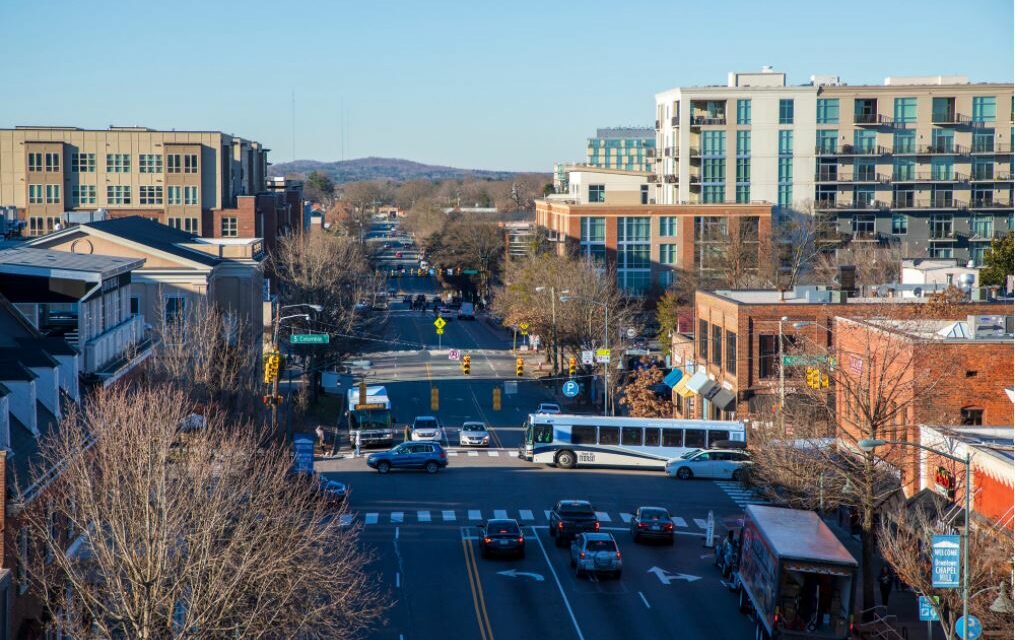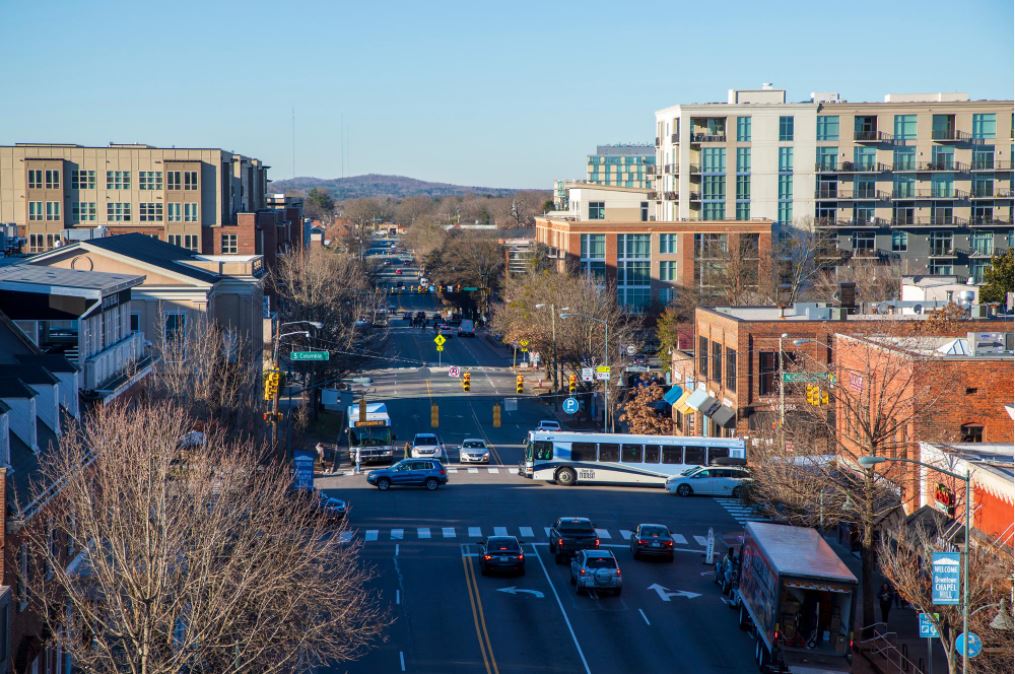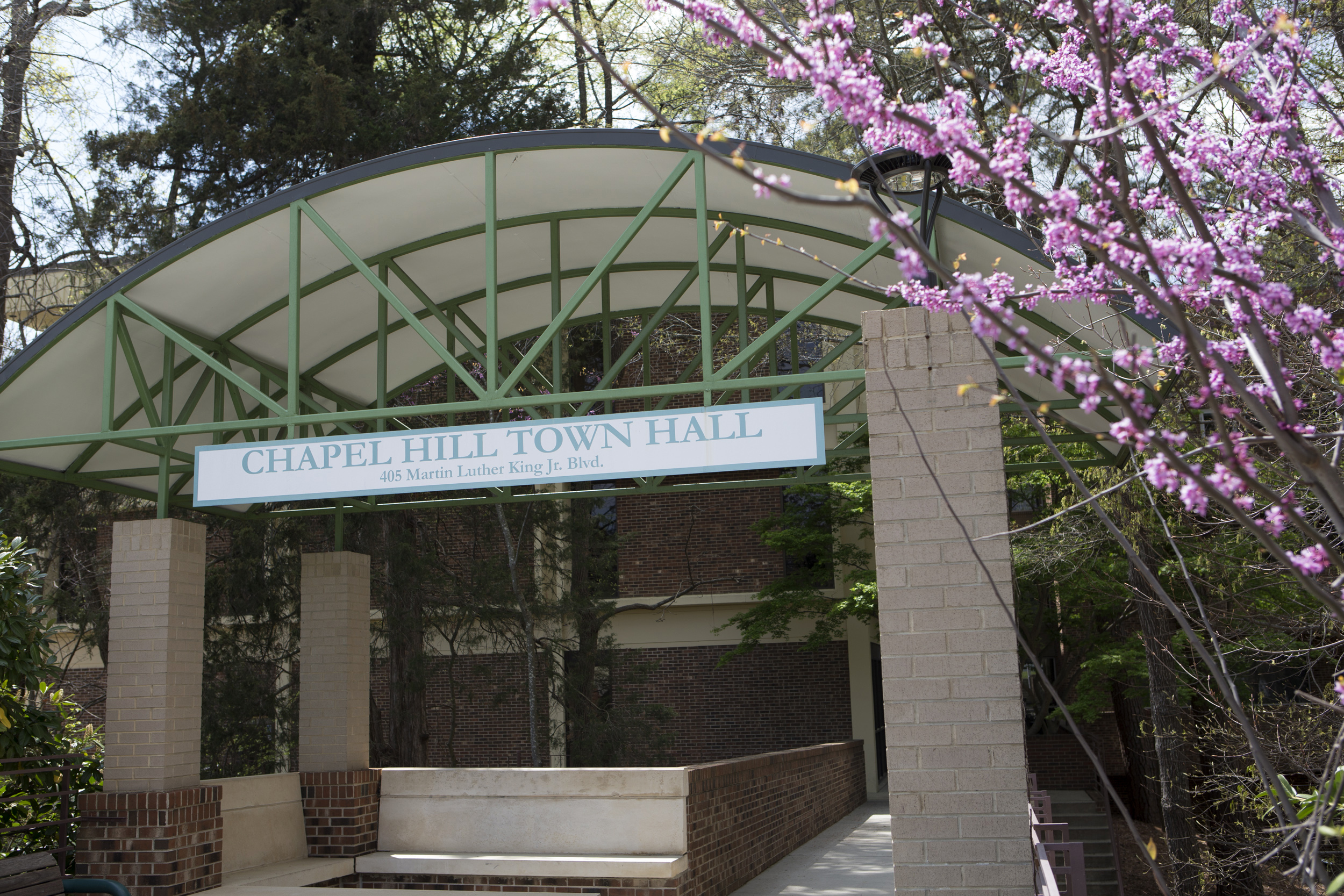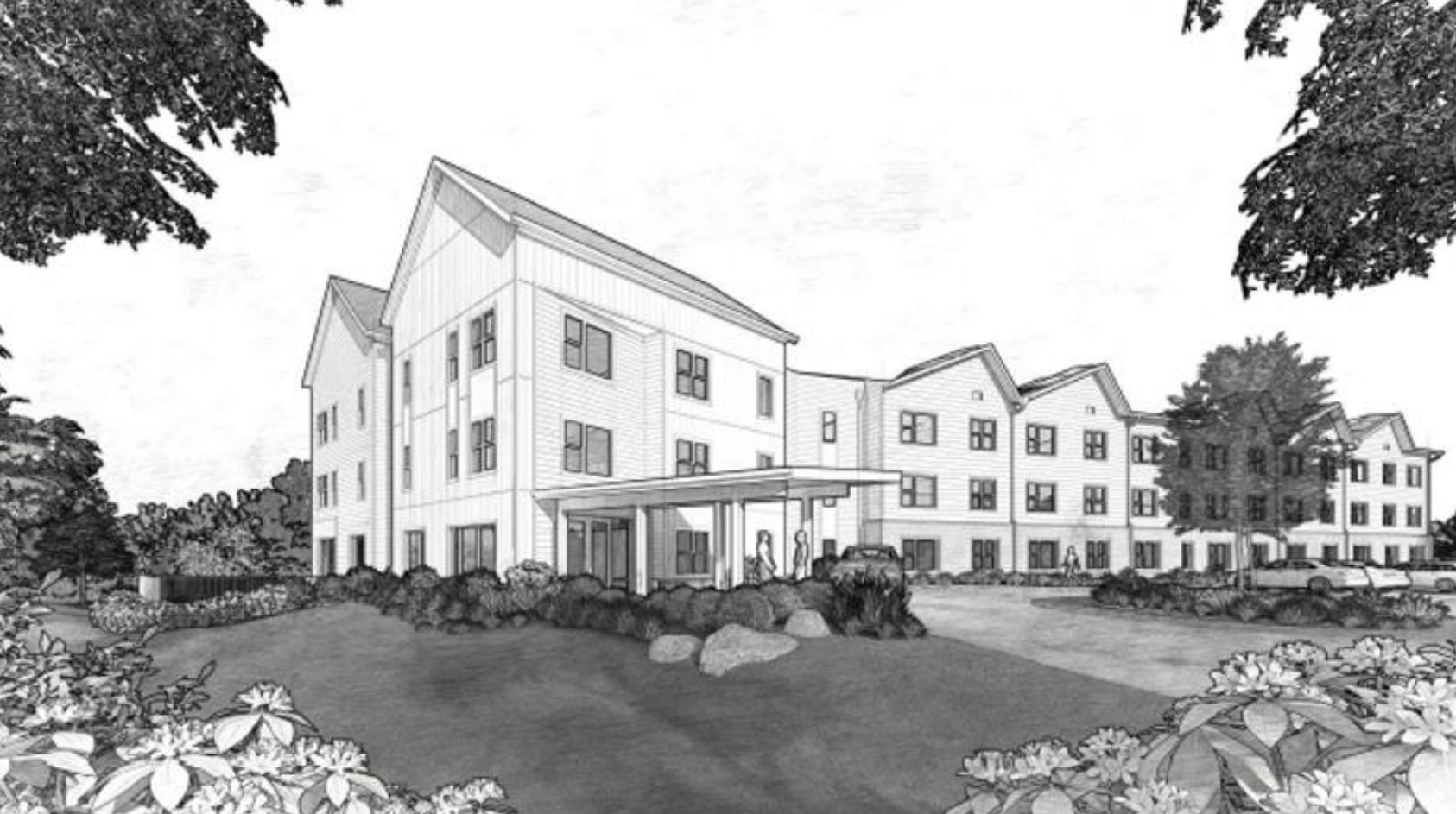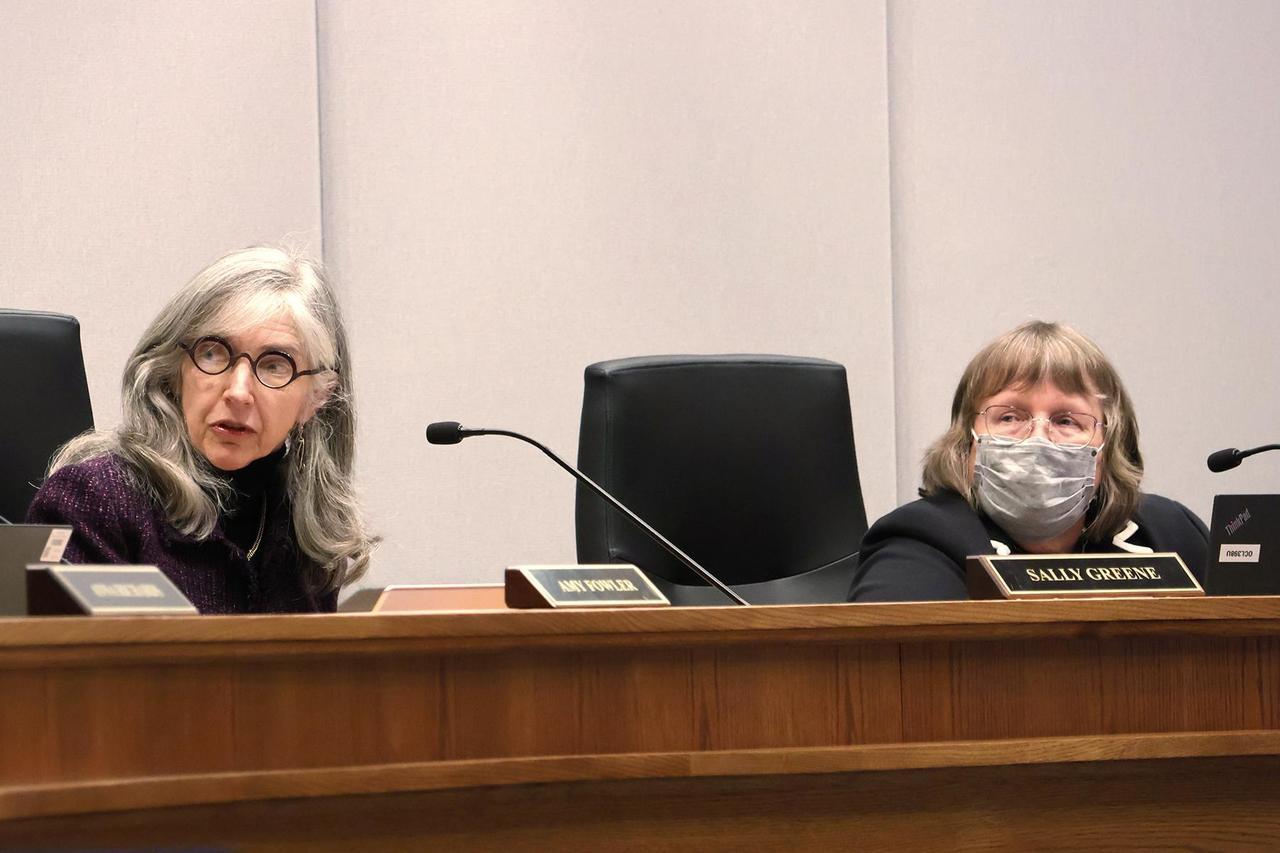Short-Term Rentals, like those of Airbnb, have come under scrutiny by Town of Chapel Hill officials as the current, local market is left mostly unregulated.
Short-Term Rentals, or STRs, is the label for renting all or part of a residential dwelling for less than 30 days. The number of STRs has grown in recent years with the support of websites such as Airbnb, VRBO and Homeaway.
In 2019, Chapel Hill made up nearly 81 percent of the Short-Term Rentals market in Orange County.
In March of 2020, there were 334 active STRs in Chapel Hill, however, according to a website from the town, a majority of these rentals are currently unregulated and have not gone through the town’s permitting process to ensure health and safety standards are met.
This past summer, the town council received a petition from the Chapel Hill Alliance for a Livable Town, the Chamber for Greater Chapel Hill-Carrboro, and local hoteliers requesting that the council develop a framework for regulating these STRs.
On February 5 of this year, the town council received a presentation from the Council Committee on Economic Sustainability to continue working towards addressing these concerns – specifically in regard to Dedicated STRs.
A Dedicated STR is the rental of a residential dwelling where there is no primary resident on-site and the unit is used wholly for rentals for fewer than thirty consecutive days.
The town’s attempts to regulate rental properties is proceeding under what is called the “STR Pilot Program.” The program would allow Dedicated STRs in non-residential zoning districts while capping the number in residential zones based on a percentage of total housing in each district.
While all town council members agreed that the number of Dedicated STR permits should be capped, there is still debate regarding to what extent. The STR cap in residential zoning districts could be anywhere from .5 percent, allowing 114 permits, to three percent, allowing 683 permits.
Councilmember Michael Parker said the town should consider setting a stricter percentage cap on the number of Short-Term Rentals in the area.
“I was just wondering if it might be better to set a cap that was perhaps closer to either where we are or where we want to be,” Parker said. “So, let’s say we only want 50 STRs in residential districts, there’s no particular reason that it can’t be lower than one percent.”
During the presentation at February’s work session, Rebecca Badgett, a local government legal educator, said the town has no obligation to grandfather in any of the existing STRs, no matter what cap they enforce in future ordinances.
“They have no special rights to have first-come, first serve on these permits – whatever cap you decide to choose,” Badgett said. “The town has maintained its stance that dedicated rentals have been an illegal land use in the past so illegal land uses have no right to be grandfathered in. So, if you set you cap at 114 permits, or about .5 percent, you can not give any kind of preference to your existing rentals.”
Following the onset of pandemic, the town reports currently having 218 active STRs as of March 2021.
The Chapel Hill Town Council will hold another work session Wednesday night to discuss the STR Pilot Program and figure out what caps make sense for each residential district. Following the work session, a public hearing will be held on March 24 ahead of a formal town council recommendation in late April.
Lead photo via Town of Chapel Hill.
Chapelboro.com does not charge subscription fees. You can support local journalism and our mission to serve the community. Contribute today – every single dollar matters.

